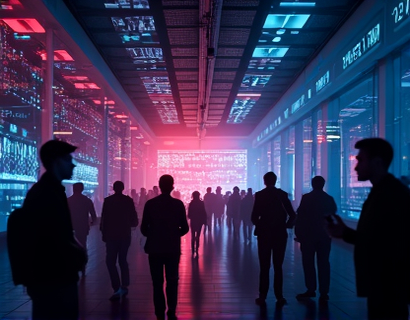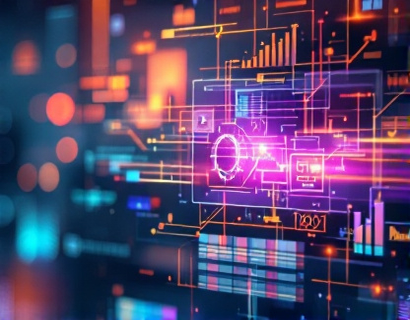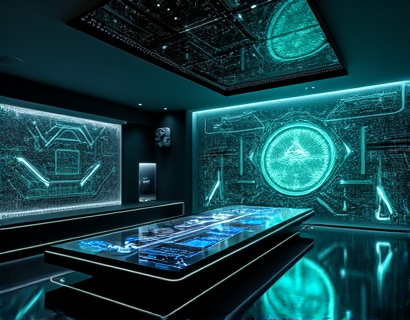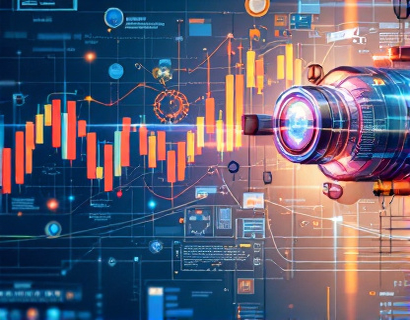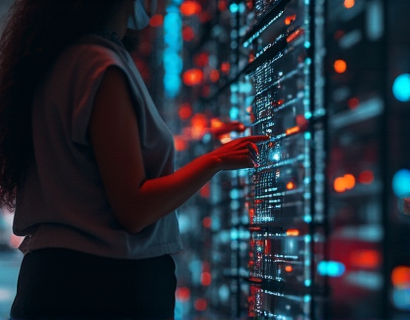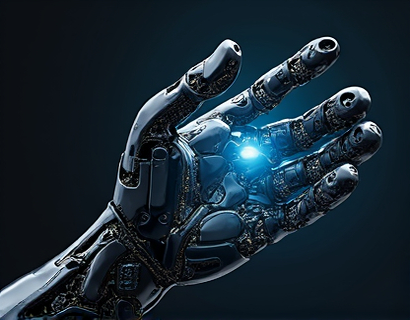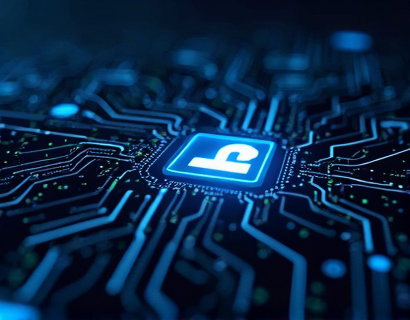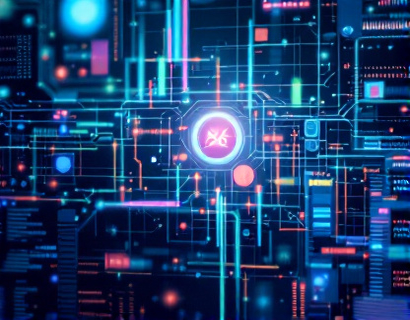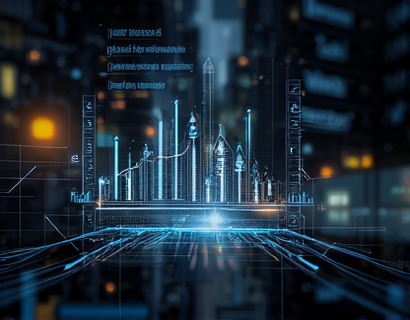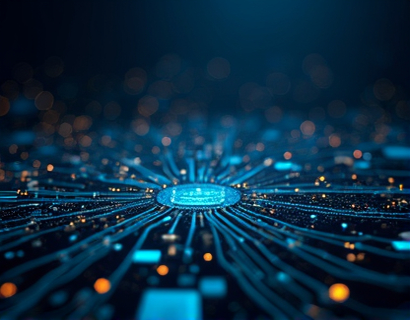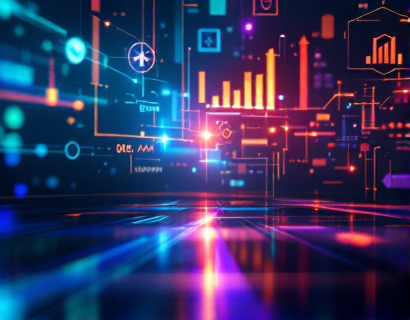Crypto and AI Power: Transforming User Experiences with Next-Gen Ucosystem Innovations
The intersection of blockchain technology and artificial intelligence (AI) is giving rise to a new era of digital engagement, one that promises enhanced security, unparalleled personalization, and seamless interaction. This transformative integration is not just a buzzword but a tangible shift in how we experience and interact with digital services. For tech enthusiasts and professionals, understanding this synergy is crucial as it opens up a myriad of possibilities for innovation and growth. This article delves into the ways in which blockchain and AI are collaborating to redefine user experiences, offering valuable insights for those keen on the latest advancements in the tech landscape.
The foundation of this transformation lies in the unique properties of blockchain technology. Known for its decentralized and immutable ledger, blockchain ensures transparency and security in transactions. When combined with AI, which excels in pattern recognition and predictive analytics, the potential for creating robust and secure digital ecosystems becomes immense. One of the primary benefits of this integration is the enhancement of security measures. Traditional systems often rely on centralized servers, making them vulnerable to hacking and data breaches. Blockchain's decentralized nature, coupled with AI's advanced encryption techniques, creates a nearly impenetrable barrier against cyber threats.
Enhanced security is just the beginning. The real magic happens when AI is leveraged to personalize user experiences. AI algorithms can analyze vast amounts of data to understand user preferences and behaviors, allowing for highly tailored interactions. In the context of blockchain, this means that users can enjoy services that are not only secure but also customized to their specific needs. For instance, in decentralized finance (DeFi), AI can optimize trading strategies and risk management, while blockchain ensures that all transactions are secure and transparent. This synergy not only improves user satisfaction but also fosters greater trust in digital platforms.
Personalization extends beyond financial services. In the realm of content delivery, AI-driven algorithms can curate personalized news feeds, recommendations, and entertainment options. Blockchain ensures that content creators are fairly compensated through smart contracts, eliminating intermediaries and ensuring transparency in revenue distribution. This dual approach not only enhances the user experience but also supports a more equitable and sustainable digital economy.
Interaction is another area where blockchain and AI are making significant strides. Traditional user interfaces are often rigid and limited in functionality. With the integration of AI, interfaces can become dynamic and adaptive, responding in real-time to user inputs and preferences. For example, chatbots powered by AI can provide instant and context-aware support, while blockchain-based identity verification systems ensure that user data is secure and privacy is maintained. This combination leads to more intuitive and efficient user interactions, reducing friction and enhancing overall satisfaction.
The implications of these advancements are far-reaching. In the healthcare sector, AI can analyze medical data stored on a blockchain to provide personalized treatment recommendations, while ensuring patient data privacy and security. In the supply chain, blockchain can track the provenance and movement of goods, with AI optimizing logistics and predicting potential bottlenecks. These applications not only improve operational efficiency but also build trust among consumers and stakeholders.
For developers and businesses, the tools and platforms emerging from this blockchain-AI convergence are invaluable. Development frameworks that integrate both technologies simplify the creation of secure and intelligent applications. For instance, platforms that use smart contracts for automated workflows combined with AI for data analysis can streamline business processes and drive innovation. These tools empower developers to build applications that are not only feature-rich but also secure and user-centric.
The market for blockchain and AI solutions is rapidly expanding, driven by the increasing demand for secure and personalized digital experiences. Companies that adopt these technologies early on are positioning themselves as leaders in their respective industries. The ability to offer enhanced security, personalized services, and seamless interactions gives them a competitive edge. As more businesses recognize the benefits, the adoption rate is expected to grow, further fueling innovation and growth in the tech sector.
However, the journey towards widespread adoption is not without challenges. One of the primary hurdles is the need for standardization. The blockchain and AI landscapes are still evolving, with numerous protocols and frameworks emerging. Establishing common standards will facilitate interoperability and make it easier for developers to build cross-platform solutions. Additionally, regulatory frameworks must keep pace with technological advancements to ensure that user rights and data privacy are protected.
Education and awareness are also critical. As these technologies become more integral to digital services, it is essential to equip users with the knowledge to understand and leverage them effectively. This includes understanding the basics of blockchain and AI, as well as the benefits and potential risks associated with their use. By fostering a well-informed user base, the tech community can drive responsible adoption and innovation.
Looking ahead, the future of blockchain and AI integration holds immense promise. Advancements in machine learning and quantum computing will further enhance the capabilities of these technologies. Quantum computing, in particular, has the potential to solve complex problems that are currently infeasible, opening up new possibilities for AI algorithms and blockchain networks. The combination of these advancements will likely lead to even more sophisticated and efficient digital ecosystems.
In conclusion, the integration of blockchain and AI is revolutionizing user experiences by providing enhanced security, personalized interactions, and seamless engagement. For tech enthusiasts and professionals, staying informed about these developments is crucial for harnessing the full potential of the next-generation Ucosystem. As the tech landscape continues to evolve, the synergy between blockchain and AI will undoubtedly play a pivotal role in shaping the future of digital innovation.



